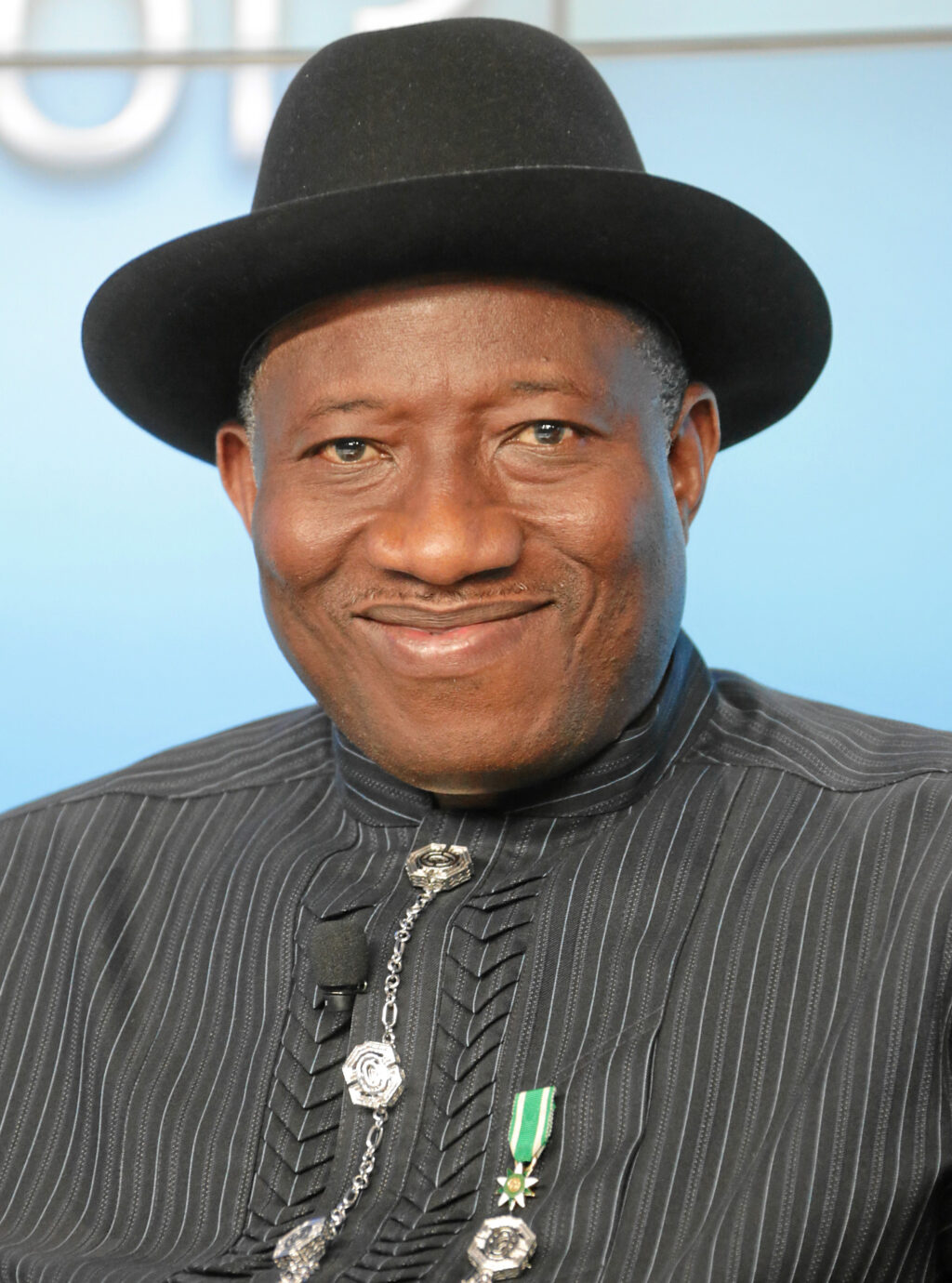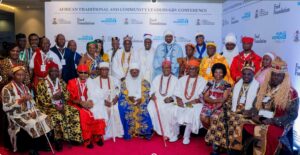Video: How Yar’Adua’s letter retaining me as president was blocked by aide — Jonathan

Goodluck Jonathan
Abdullateef Fowewe
Former President Goodluck Jonathan has provided insights into the politically charged atmosphere in Nigeria during the extended illness of late President Umaru Musa Yar’Adua, highlighting the resulting constitutional crisis and concerns over a possible coup.
In a recent interview, Jonathan recalled how Nigeria’s fragile power-sharing arrangement between the North and South, as well as Muslims and Christians, was disrupted when Yar’Adua, a Northern Muslim, fell seriously ill while serving as president.
Yar’Adua had taken over from former President Olusegun Obasanjo, a Southern Christian.
Jonathan explained that Yar’Adua had penned a letter to the National Assembly to initiate the transfer of powers to the vice president, but the presidential aide who was entrusted with the letter failed to deliver it.
Jonathan explained that while he continued to perform duties as vice president, such as chairing executive council meetings and approving government memos, there was no formal handover of power—especially in his role as Commander-in-Chief of the Armed Forces.
Jonathan said the situation in Nigeria eventually led to the National Assembly invoking the “doctrine of necessity,” which officially empowered him to act as president without a formal letter from Yar’Adua.
Jonathan said, “There’s always a balancing between North and South, Muslims and Christians. And Yar’Adua was a Northern Muslim, serving as president. He took over from a Southern Christian, Obasanjo, who ruled for eight years.
“Definitely the Northern Muslims wanted Yar’Adua to at least do eight years before power would return to the South, likely to another Christian. But his health issues came up and it was a problem. That’s why even allowing me to act as president became an issue.
“One year that Yar’Adua was going for the medical checkup. Actually, a letter was written. Of course, the constitution says that for the vice president to act, the president would send a letter to the Senate and the House of Rep informing them.
“That letter was written, but the person who the letter was handed over to, I will not mention the name to you now, was one of the aides of Yar’Adua, refused to submit the letter to the National Assembly. And Yar’Adua became so ill that he had no control of issues.
“So we had a country where the president was not available, and there was no acting president. Yes, as a vice president, you can take over the responsibilities of, some responsibilities of the president. You know the president of Nigeria has two main responsibilities.
“First, you are the chief executive of the country, so like a prime minister of a country. That, the vice president can assume, you don’t need any transfer. And I was doing that because we were having an executive council meeting, we were approving memos from ministers, so the government was going on.
“But there was no commander-in-chief. What is the second responsibility of the president of Nigeria, besides being the executive head of the country? And there’s nothing like acting commander-in-chief. Either you’re a commander-in-chief or not.
“But when you become an acting president, you are at the same time a commander-in-chief. So that was lacking, and no country allows that gap. A country like America, they don’t allow that gap at all.
“If an American president wants to, even if it’s a whitlow, that he requires an extension, that he will be off for five minutes, he will hand over to the vice president before that procedure. Immediately he regains consciousness, he takes over. But we stayed for some time.
“And that led to what they call the doctrine of necessity. When the National Assembly felt that the country was in a situation where it was not expected, they now have to initiate this doctrine of necessity. And they now made me to act as a president without a letter from Yar’Adua.”




